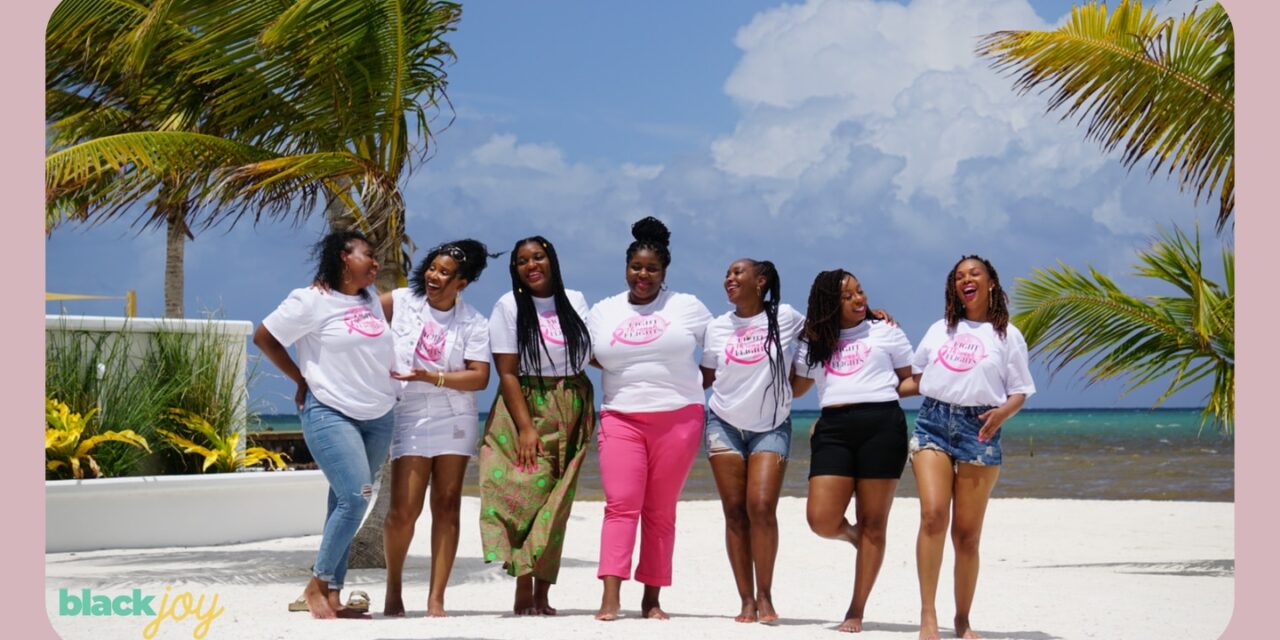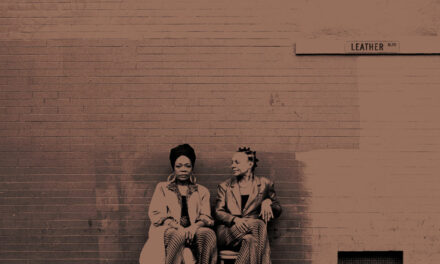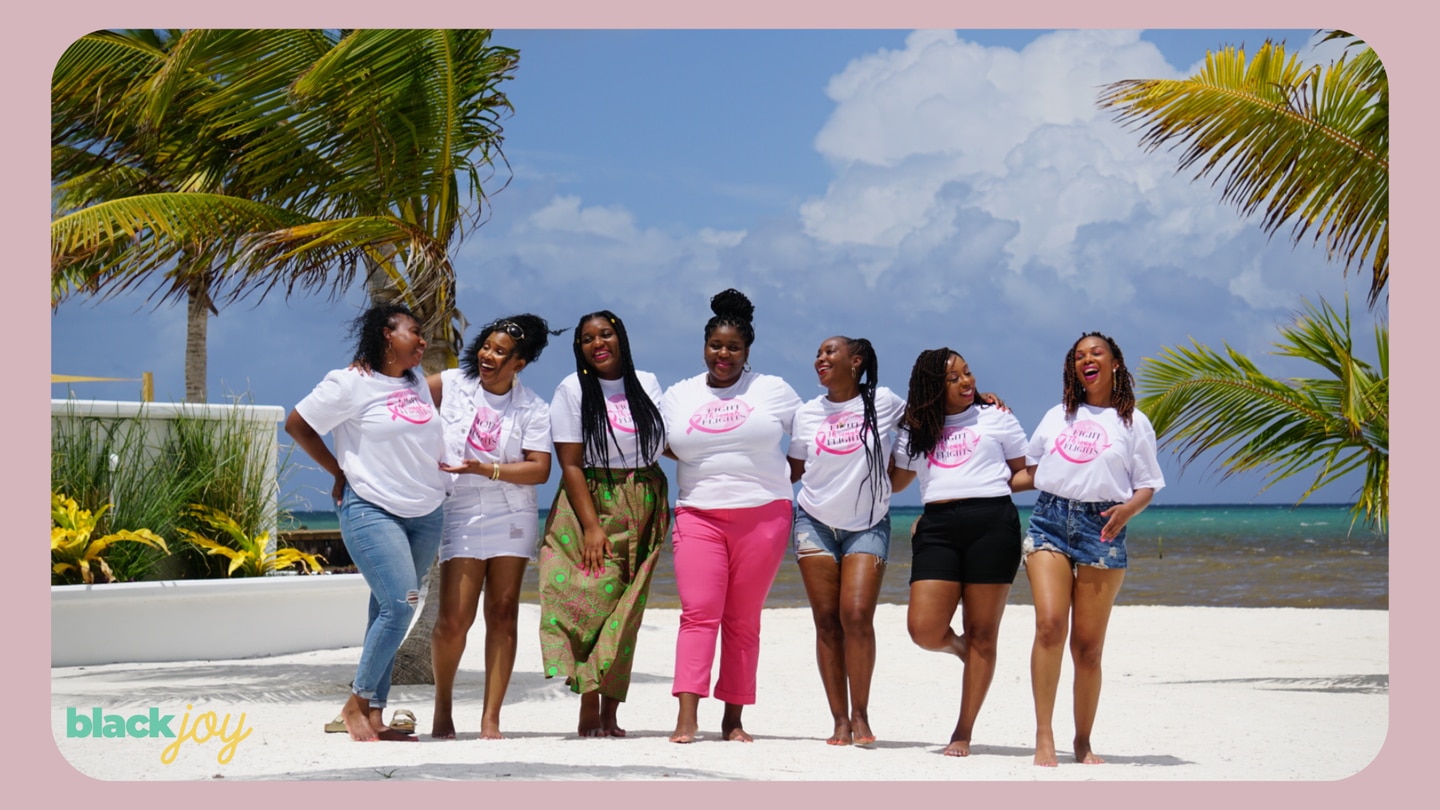
In the late nineties, my great aunt was diagnosed with breast cancer. Because of how young I was, it all seemed to happen so fast. One moment my aunt had a head full of soft, curly hair, the next moment she didn’t. The bright smile that greeted me each time I walked into her house grew dimmer. She was different. Everything was different. And all the adults were on edge.
Since then, other women in my life have been diagnosed with breast cancer. Friends, cousins, co-workers. I’ve even had my own brief scare which luckily turned out to be nothing. But as my grandmother told me just a few months before my nerve-wrecking breast exam, even if it seems like nothing it’s still worth getting it checked. She was right. Although Instances of breast cancer don’t differ significantly between white and Black women, when it comes to mortality rates it’s a different story. Black women have a 40 percent higher death rate from breast cancer than white women. Additionally, Black women are disproportionately affected by more aggressive subtypes of breast cancer and are more likely to get diagnosed at younger ages.
For Breast Cancer Awareness Month, I had the honor of speaking with Esther Tambe, co-founder of Fight Through Flights, a non-profit organization that supports the healing of Black women living with and survivors of breast cancer through wellness retreats and travel experiences. I spoke with Tambe about the bittersweet story behind the creation of Fight for Flights, why an organization like this matters and how others can support their continued growth.
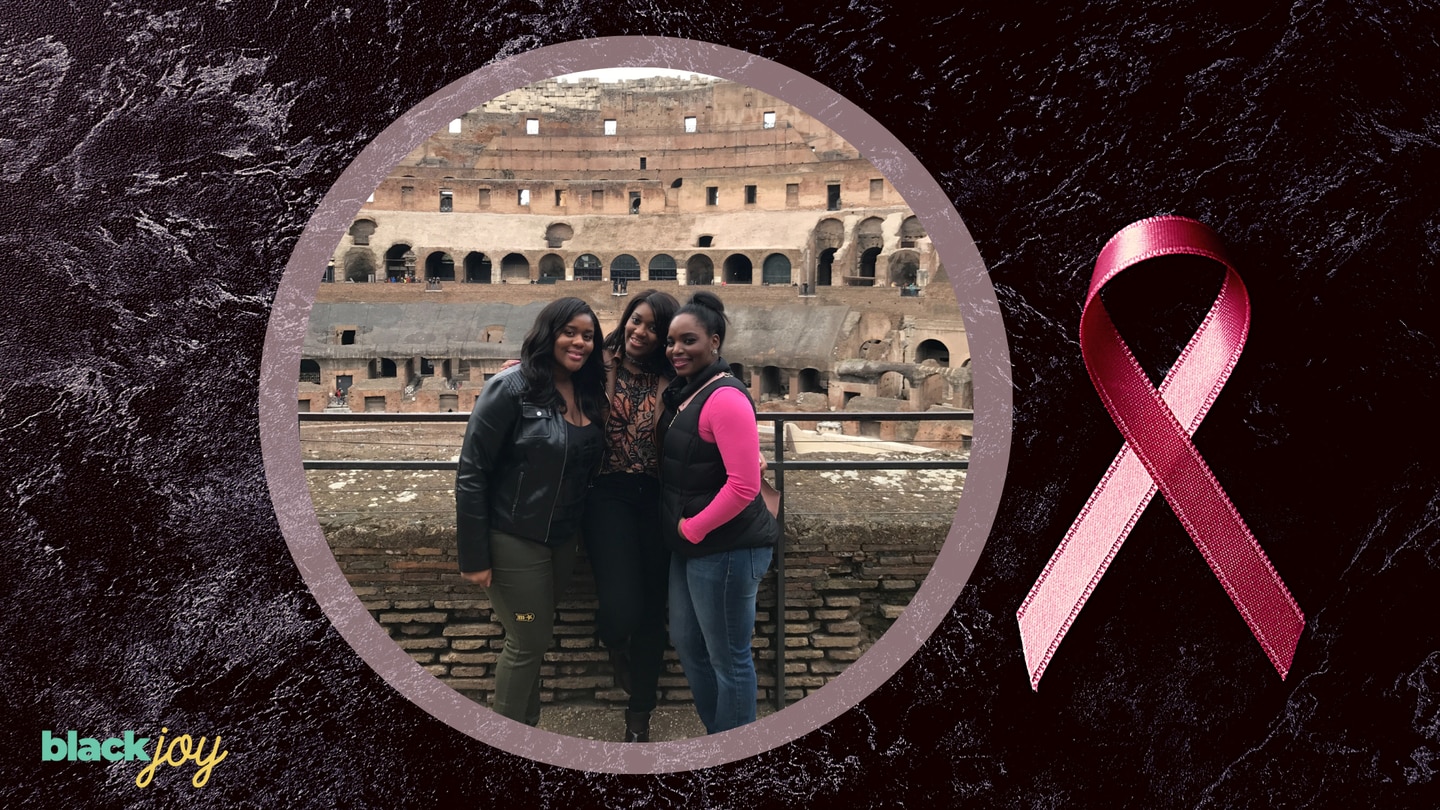
The founding of Fight Through Flights was inspired by the death of a loved one. Can you talk a little bit more about that?
Fight Through Flights was co-founded by me and my younger sister, Alicia, in honor of our older sister, Maria, who passed away from triple negative breast cancer. In 2019, she was diagnosed. She was 38 going on 39 [during] her journey with cancer. Unfortunately, it was not a long one. She passed at 40. So, it was a short lived journey. [We created Fight Through Flights because] the one thing we did together as sisters was traveling together, even while she was going through her cancer journey with chemo and radiation, we still traveled together.
Black women have a 40 percent higher death rate from breast cancer than white women.
We went to Cartagena together for my younger sister’s bachelorette. We went to Napa together and she still was going back and forth, whether it be to New York or California. So, travel was something that brought us joy and travel was the thing that we all did together. That’s why we want to be able to give others [access] to some of the joy of traveling [because] we realized it was a form of healing for her.
The mission places a lot of emphasis on mental health and wellness. Why was that important for this organization?
So, we did not live with breast cancer, but we lost a loved one and watched them live with breast cancer. We also saw how it could take a toll on you and what that means and just knowing what stress can do to one’s body. The focus on that was more so to be able to bring that joy, to have another avenue of healing that was not necessarily a medicinal route, but also providing this space for Black women. [We’re] able to give you space to go thoroughly, enjoy yourself, whether it be on one of our retreats or one of the other programs, like a one-night hotel stay. We also prioritize self-care. You don’t need to do it all by yourself.
What has been a favorite among the programs that you all offer?
I think most people like being able to do a one-night hotel stay. This allows them to just be able to get away. It’s something that we didn’t even realize when we started to read these applications or hearing people say that they just wanted to put their feet up on a bed or be able to soak in a bath, things that we may take for granted, not realizing how much that can mean to someone else. Then there’s other programs that are not offered all the time, but people enjoy. Our retreat, which helps Black leaders in the breast cancer community who are living with breast cancer. They got to go to Belize and that was just like a nice tropical retreat.
“We’re able to give you space to go thoroughly, enjoy yourself, whether it be on one of our retreats or one of the other programs, like a one-night hotel stay. We also prioritize self-care. You don’t need to do it all by yourself.”
Aside from your current programming, what are some of your long-term goals for the organization and what it offers to Black women?
We want to continue to provide the travel wellness experience [and] be able to take more trips. Due to COVID, we had to start with the road trips and the staycation programs before being able to now fly folks out and do the individual programs. But our goal is just to be able to increase the number of trips that we take [and] more retreats. Right now, everything is in the United States, but breast cancer is affecting Black women [across the] African diaspora. So, just being able to also extend beyond the United States to provide joy and a safe space for Black women with breast cancer as they navigate their journey.
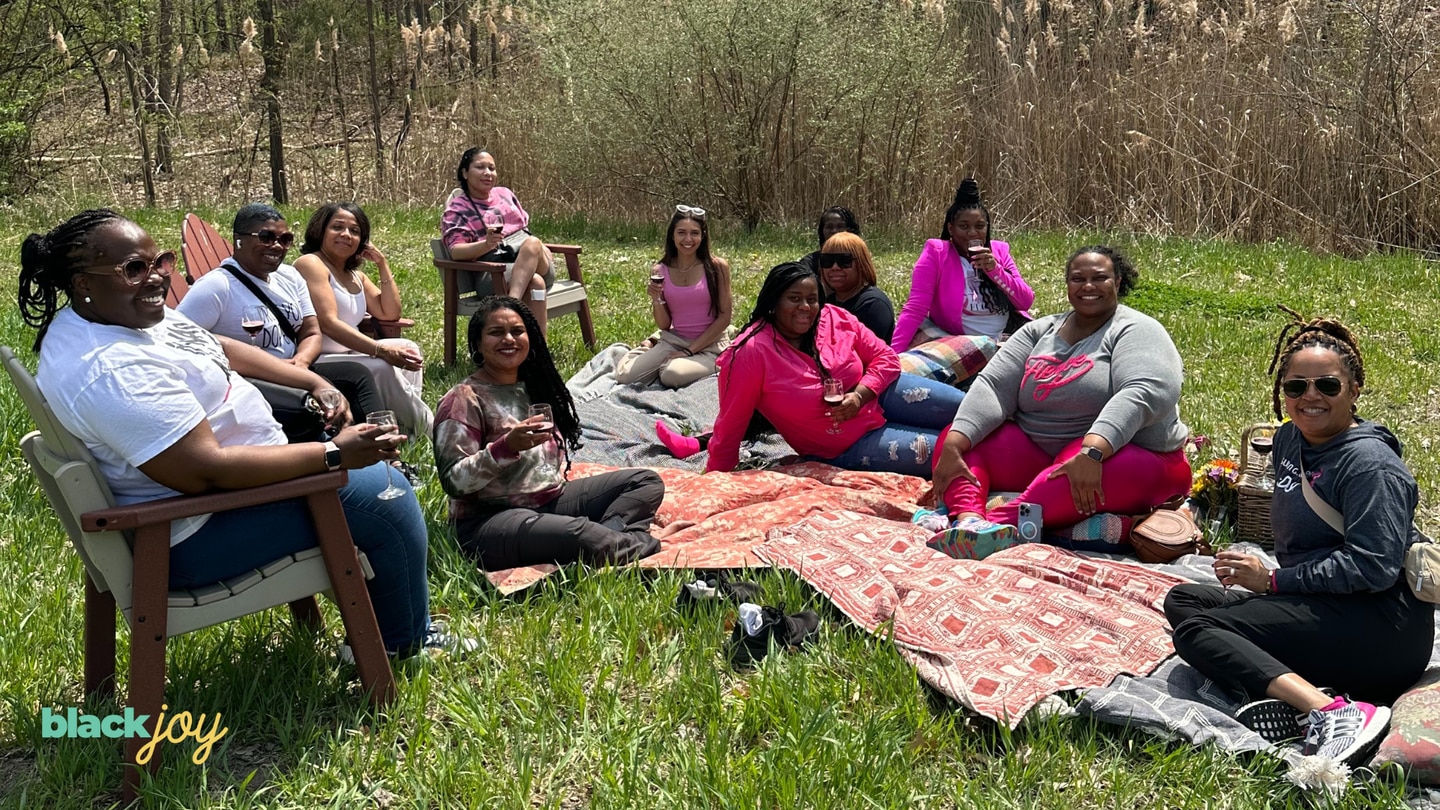
What has been like the most rewarding aspect of curating the Fight for Flights community and seeing it blossom?
I think the most rewarding thing is being able to help other women. We were not able to provide this for [our sister]. So, knowing that there are other women who may need it or may not have that additional support of two sisters who love to travel, now, they can go do this on their own. We see [our sister] in a lot of the women that we work with, they either resemble her or they love to travel just like her, love to dance or they’re also a nurse. Being able to provide this space for someone to take a break while they’re struggling or to create more memories with new people, I think that’s been the most rewarding part of this community. And the people we’ve met, it’s not just a one-and-done. We continue the conversations, we continue the community, we reach out and a lot of the women we’ve met understand that we’ve also started this from a place of loss. They check in on us to see how we’re doing and provide support. So, we’re also receiving a sense of healing while doing this too.
“We see [our sister] in a lot of the women that we work with. They either resemble her or they love to travel just like her, love to dance or they’re also a nurse.”
How can folks support Fight Through Flights?
The biggest way to support us is to donate, that can be monetary or even wellness trips, activities, hotel stays, mileage for airlines or points for hotels. This allows us to create more travel experiences for women. If that’s not possible, just sharing and letting people know that there is this space for Black women with breast cancer. And it doesn’t matter what stage you’re in, whether you are literally just diagnosed or 20 years in remission. You still had an experience with breast cancer and that’s something that you live with for a long time. So we’re still providing you that space for healing, too.
Did you have any other final thoughts about the organization or supporting Black women survivors and those still living with breast cancer?
Do the research to see what’s out there, but know that if you are dealing with breast cancer, you don’t have to do it alone. There is support out there. There are organizations that are focused on BIPOC women or just Black women alone [and] are able to provide these safe spaces. You are deserving of joy regardless of what’s going on.

